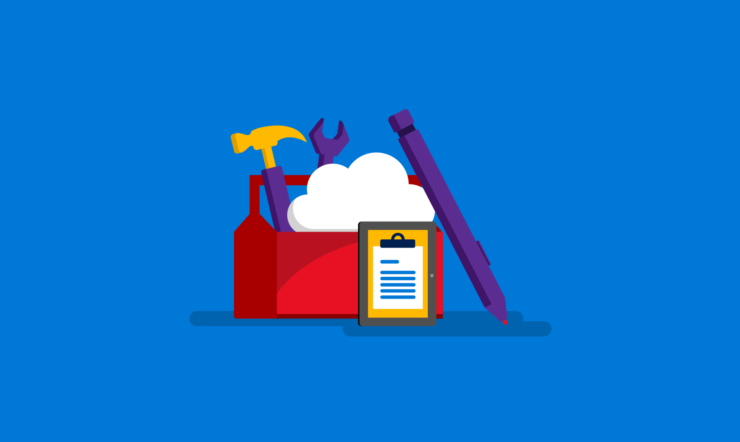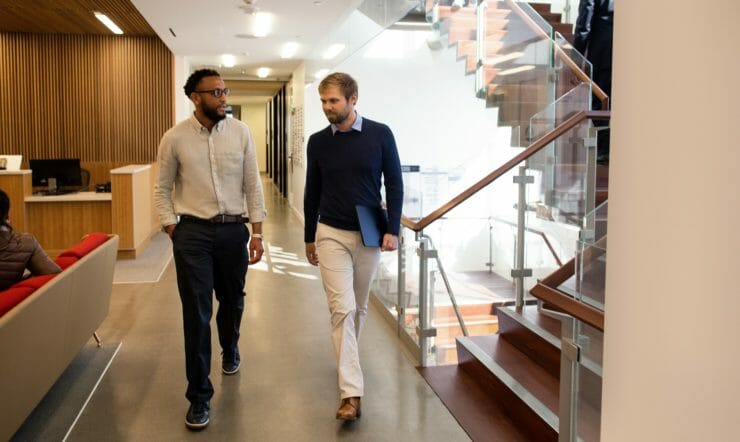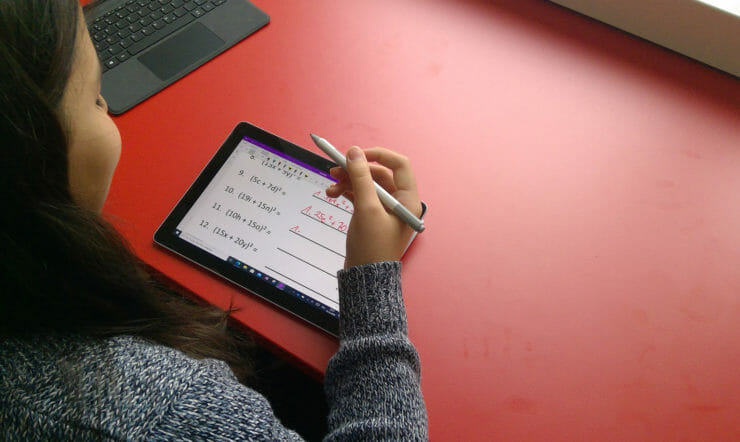“Having a website, call centre and information desk isn’t enough. Citizen services need to be streamlined to empower citizens and government employees alike.”
The eBook ‘The digital transformation of citizen services’ is honest in its appraisal of the urgent challenge facing governments worldwide, whose citizens expect their digital experiences to match the quality of those delivered by the private sector.
But it also provides advice, describing how to bring citizen services securely into the digital age while safely supporting staff, wherever they’re working. It looks at how governments are successfully embracing digital transformation by using cloud-based tools and experiences to reimagine the way people, data and processes can come together to create value for all.
The argument is clear. At a time when local government is on the frontline of the COVID-19 crisis, there couldn’t be a more appropriate moment to accelerate digital transformation plans that will empower employees to better serve citizens – while staying safe.
Streamlining infrastructure removes barriers to success
To deliver that empowerment it’s necessary to replace legacy systems with a seamlessly connected infrastructure that breaks down information siloes.
In the Netherlands, non-profit social services organisation Wijkracht recognised that it needed a modern solution that would enable its team to work more effectively with vulnerable clients.
It chose a cloud infrastructure based on Microsoft 365. With tools like instant messaging, file sharing and mobile application access, social workers can interact better within the community and work together to deliver faster services, while protecting client data.
The learning from this is clear: Centralizing data delivers agility and control.
With organizations producing more data than ever, it needs to be centralized for on-demand access across a growing range of devices. And by applying intelligent tools to that data, it’s easier to understand a situation – identifying actionable trends and offering insights that help make faster, better informed decisions.
Cloud solutions offer the intelligent way forward
Governments are discovering that they can work more intelligently and flexibly via cloud-based services.
For example, Microsoft cloud technologies offer the flexibility to use public, private and hybrid cloud solutions, as well as open-source applications. The type of flexibility necessary to source the most cost-effective technologies.
By embracing such technology, the Council of the Spanish city of Lleida has ensured it can still serve citizens despite restrictions on movement. When the stay-at-home measures were announced, its 1,600 civil servants began working remotely on Windows Virtual Desktop. From there they access all the data and internal resources they require to ensure continuity of public services.
Indeed, by digitally transforming citizen services, governments at all levels can optimise operations, improve productivity, reduce spending and truly engage citizens.
At last, there’s no reason why they need to remain in the shadow of the private sector which has led service expectations for so long.
























